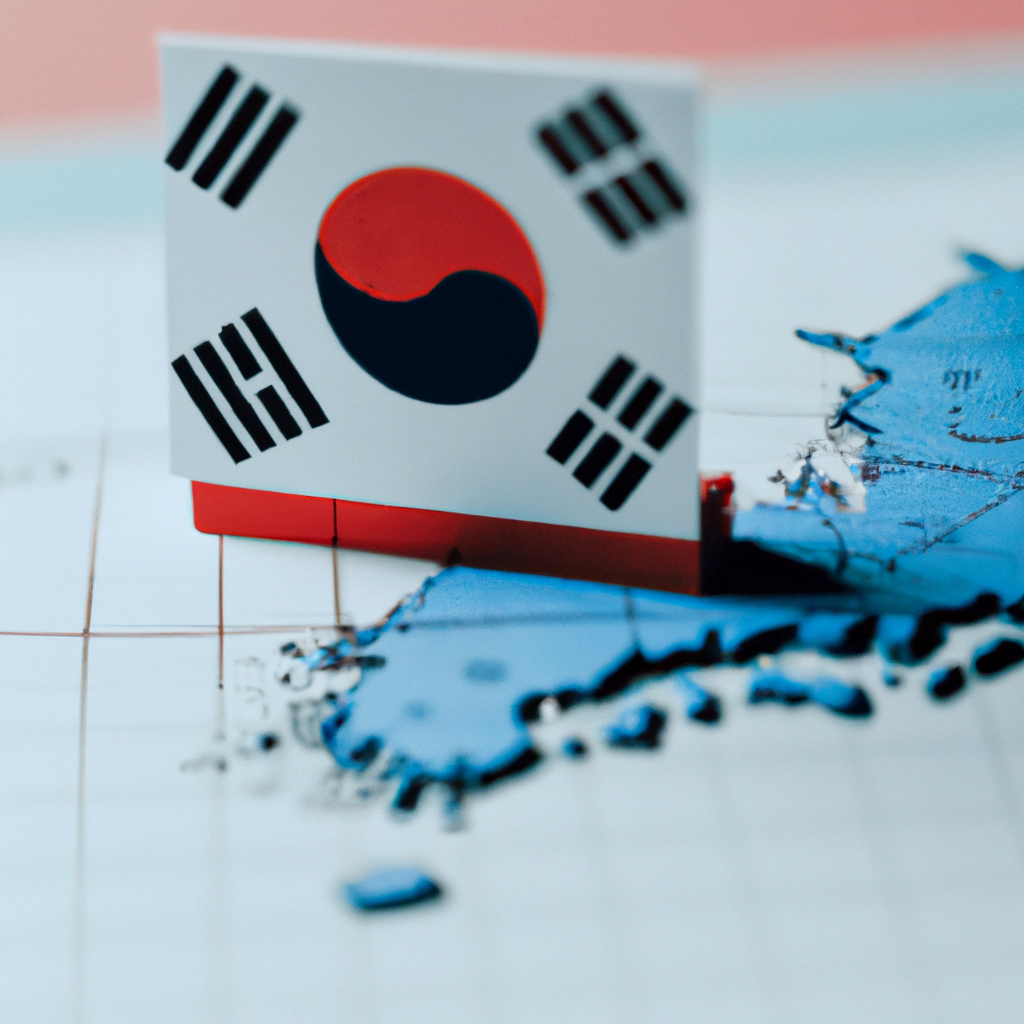Can I learn traditional South Korean music or dance during my visit?
Post ByAdequate Travel
Summary
If you're thinking of adding some cultural enrichment to your travels to South Korea, you'll be pleased to learn that learning traditional South Korean music and dance is an option. Here's an introduction to the various traditional genres and what to expect when you take a class. As you prepare for your journey, familiarize yourself with the specific entry requirements, including any necessary visas or documentation.Can I learn traditional South Korean music or dance during my visit?
During your visit to South Korea, you can definitely learn traditional South Korean music or dance. The country has a rich cultural heritage, and there are various opportunities available for visitors to engage in these art forms. Here are some examples:
1. Traditional Music:
- Traditional music in South Korea is called "gugak," which includes a wide range of instruments such as gayageum (a string instrument), daegeum (a bamboo flute), and janggu (a double-headed drum).
- You can join classes or workshops offered by cultural centers, universities, or private music academies to learn how to play these instruments.
- Some tour companies also provide experiences where you can witness traditional music performances and even participate in them.
2. Traditional Dance:
- South Korea has various traditional dance forms, including the famous fan dance (buchaechum) and the mask dance (talchum).
- Similarly, you can find classes or workshops offered by cultural centers or private dance studios where you can learn the intricacies of these dances.
- Some cultural centers or performance groups even offer short-term programs specifically designed for tourists, allowing them to learn basic moves and choreography.
3. Cultural Experiences:
- In addition to formal classes, South Korea offers cultural experience programs that allow visitors to immerse themselves in traditional music and dance.
- These programs often include hands-on activities, such as trying on traditional costumes (hanbok) and learning simple dance moves or playing traditional instruments.
- Many cultural villages or folk museums provide these interactive experiences, where you can learn about and participate in various aspects of South Korean culture.
In conclusion, South Korea offers plenty of opportunities for visitors to learn and experience traditional South Korean music and dance. Whether through formal classes, workshops, or cultural experiences, you can engage with the country's rich cultural heritage and deepen your understanding of its music and dance traditions.As you prepare for your journey, familiarize yourself with the specific entry requirements, including any necessary visas or documentation.






